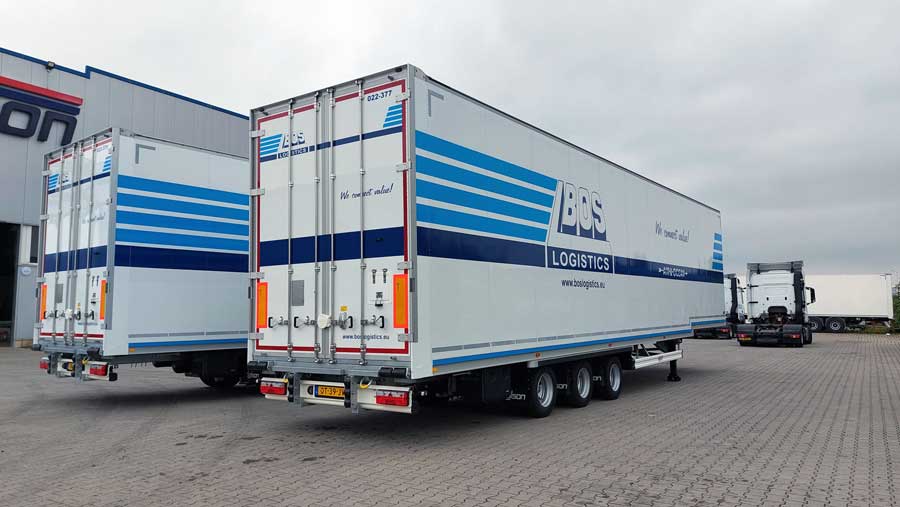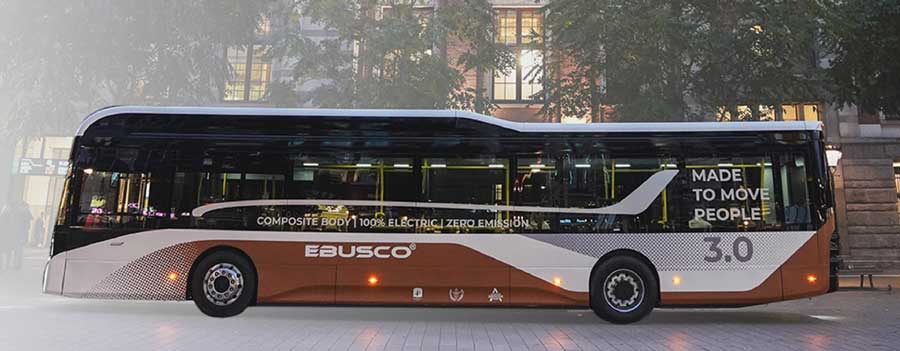IDIADA is an officially accredited Green NCAP laboratory. As a founding member of the Green NCAP consortium since the beginning of its activities in 2017, IDIADA has played a key role in the development of the programme and is leading the project’s real-world testing procedures.
The Green NCAP consortium includes a unique mix of European governments, mobility clubs, independent testing facilities for research and certification purposes and consumer organizations, which provide extensive expertise and knowledge in the automotive field in different perspectives that are essential to achieving the goals of this initiative. Green NCAP currently works with independent test laboratories in Europe –including IDIADA.
Helping consumers to make environmentally friendly car choices
With an eye on consumers, Green NCAP’s scoring is committed to providing understandable, independent and reliable information on the most fuel/energy-efficient and less polluting vehicles currently available on the market to help users make environmentally friendly vehicle choices.
Green NCAP performs an array of tests that cover a wider range of operation conditions, including real-world environment. The testing matrix goes well beyond type-approval requirements allowing vehicles to be tested in a more representative manner. Green NCAP’s goal is that the vehicle should be robust enough to be energy efficient and low polluting in its entire possible range of performance.
Therefore, such analysis allows consumers to better understand the emissions-control strategies pursued by different manufacturers.
Rosa Delgado, Applus IDIADA’s Senior Manager for Light Duty Vehicle Engineering and Powertrain, states that “The Green NCAP rating provides comprehensive and simplified information about the pollution and efficiency of new vehicle models that helps consumers make a better choice when purchasing a vehicle. It includes pollutant, GHG and fuel/energy consumption information for all types of vehicles”.
When asked about Green NCAP’s overall impact on the industry, Delgado adds that “this initiative will further encourage vehicle manufactures to develop green cars. Altogether, Green NCAP will help the environment by reducing local and global pollution”.
Enhanced methodology since 2020
During 2019 and 2020, Green NCAP together with the European Commission worked on an enhanced methodology through the Green Vehicle Index (GVI) project, which has allowed the publication of accurate results achieved by a total of 49 vehicles: 24 of which were released on 26th November 2020 and the remaining 25 vehicles on 25th February 2021.
The vehicles have been selected considering 3 categories: best-selling vehicles, important market segments and vehicles with alternative propulsion systems including not only gasoline or diesel but also CNG, hybrid, plug-in hybrid, electric vehicles and a fuel cell.
The highest scoring of 5 stars has been achieved by a fuel cell Hyundai Nexo and an electric-powered VW ID.3, Hyundai Kona and Renault Zoe. These are followed by a 4-star scoring plug-in hybrid Toyota Prius. Contenders with a score of 3.5 stars are a plug-in hybrid Kia Niro, hybrids Toyota Yaris and Toyota C-HR, a diesel Skoda Octavia and a petrol VW Golf.










